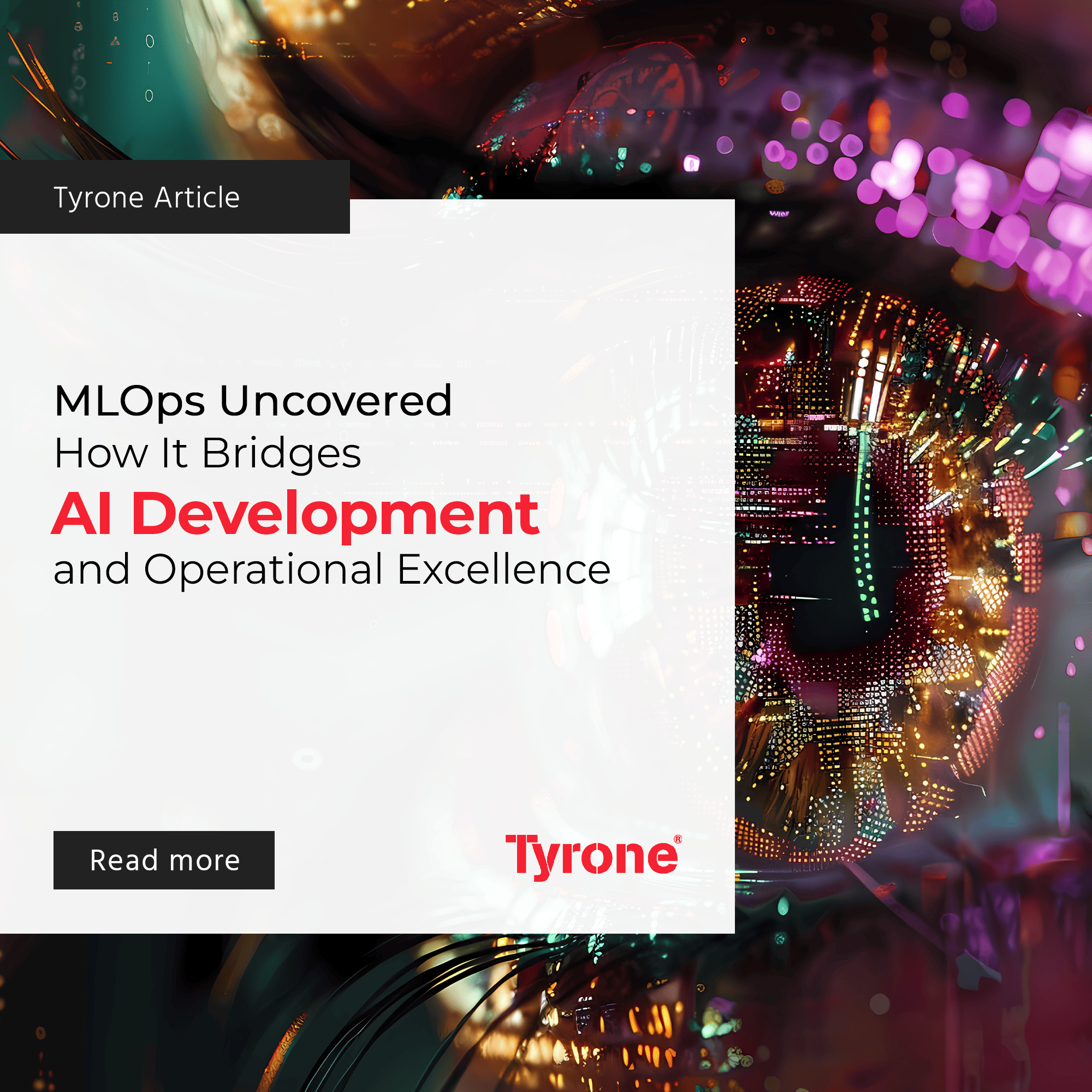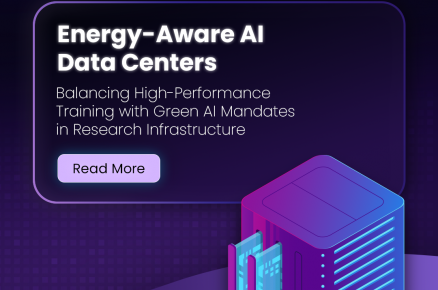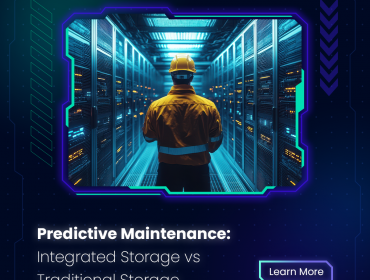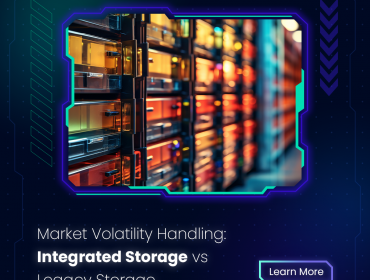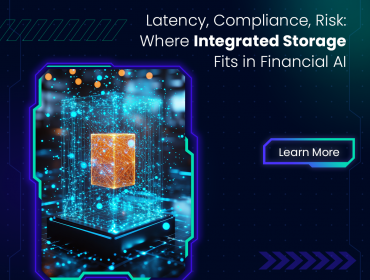Machine Learning Operations (MLOps) is a transformative framework essential for managing the lifecycle of machine learning (ML) projects. For stakeholders such as business leaders, data scientists, and IT managers, understanding MLOps is crucial as it facilitates the seamless integration of ML models into production systems, ensuring reliability, scalability, and efficiency. This article delves into the core components of MLOps, its benefits, and the significant impact it has on the AI landscape.
Core Components of MLOps
Data Management
Effective data management is the cornerstone of MLOps. It involves preprocessing, cleaning, and transforming data to maintain high quality and integrity—a process often referred to as Extract-Transform-Load (ETL) (Source: Tribe). This ensures that ML models are trained on accurate and relevant data, which is crucial for their performance and reliability.
Experiment Tracking and Model Management
MLOps incorporates tools for tracking experiments and managing models throughout their lifecycle. Experiment tracking involves keeping detailed logs of experiments and their outcomes, which helps in identifying the best-performing models (Source: Google). These tools also manage the versions of models and datasets, ensuring consistency and reproducibility across different stages of the ML pipeline.
Model Training and Evaluation
Automated model training and evaluation are integral to MLOps, enabling teams to iteratively improve model performance. This phase includes testing models against validation datasets to gauge their accuracy and reliability before deployment. Automated testing helps in discovering issues early, facilitating faster iterations and refinements (Source: ml-ops.org).
Deployment and Monitoring
Model deployment in MLOps ensures that trained models are seamlessly integrated into production environments using DevOps practices. This includes continuous integration and continuous deployment (CI/CD) pipelines, which automate the deployment process. Once deployed, model monitoring is crucial for tracking performance metrics and detecting anomalies, ensuring models remain effective over time
Automation
Automation significantly boosts the efficiency of MLOps by reducing the manual intervention required in model training, evaluation, and deployment. Automated pipelines ensure that models can be trained and deployed swiftly, responding promptly to changes in data and requirements. This level of automation is pivotal for maintaining high velocity in the ML lifecycle (Source: ml-ops.org).

Benefits of MLOps
Accelerated Time-to-Market
MLOps accelerates the development and deployment of ML models, reducing time-to-market for AI-driven solutions. By automating end-to-end processes, businesses can rapidly test and implement new models, gaining a competitive edge in the market. MLOps practices enhance productivity and innovation, leading to quicker model updates and revisions as data evolves (Source: TechTarget).
Scalability
MLOps supports scalable AI infrastructure, which is critical as organizations expand their AI initiatives. Scalable MLOps frameworks ensure that models can handle increasing volumes of data and user requests, making it easier to integrate AI capabilities into large-scale applications. The global MLOps market size, estimated at USD 3.24 billion in 2024, is forecasted to reach USD 8.68 billion by 2033, growing at a CAGR of 12.31% (Source: Straits Research).
Risk Reduction
Through continuous monitoring and automated testing, MLOps helps mitigate risks associated with ML model deployment. It ensures that models perform reliably in production, minimizing the chances of failures that could disrupt business operations. Additionally, MLOps frameworks enhance data security and compliance with regulations, reducing vulnerabilities linked to data breaches and privacy concerns.
Impact on Different Industries
Healthcare
In healthcare, MLOps facilitates the deployment of predictive models that improve diagnostic accuracy and patient outcomes. By streamlining workflows and automating routine tasks, healthcare providers can deliver timely and personalized care. The demand for explainable AI also drives the adoption of MLOps, ensuring that healthcare decisions made by AI are transparent and accountable.
Finance
The finance sector benefits from MLOps by deploying models that optimize trading strategies, detect fraud, and manage risks. Automated model management and continuous monitoring ensure that financial models remain accurate and compliant with regulatory standards. The growing focus on data security, with one in five firms facing challenges in protecting data while using AI technologies, underscores the importance of MLOps in this industry (Source: Straits Research).
Retail and E-Commerce
In retail, MLOps supports the deployment of models that enhance customer experiences through personalized recommendations and inventory management. Automation reduces operational costs and increases efficiency, enabling retailers to respond swiftly to market trends and customer preferences. This adaptability is vital in a dynamic market environment where AI-driven insights play a key role in decision-making.
Future Trends in MLOps
Explainable AI
As the adoption of AI grows, so does the need for explainable AI, particularly in sensitive sectors like finance and healthcare. MLOps frameworks are evolving to include tools that enhance model transparency and accountability. Companies are pioneering solutions that provide clear explanations for AI decisions, fostering trust and compliance.
Increased Investments and Innovations
The MLOps market is witnessing substantial investments aimed at developing advanced tools and platforms. For example, Featureform raised USD 5.5 million in December 2023 to further its MLOps innovations. Such investments are crucial for addressing the growing demand for scalable and efficient AI infrastructure (Source: Straits Research).

Conclusion
MLOps bridges the gap between AI development and operational excellence by providing robust frameworks for managing ML lifecycles. For stakeholders, embracing MLOps is not just an operational necessity but a strategic advantage in the rapidly evolving AI landscape. By ensuring efficiency, scalability, and risk reduction, MLOps empowers organizations to realize the full potential of their AI initiatives, driving innovation and sustainable growth in various industries.


